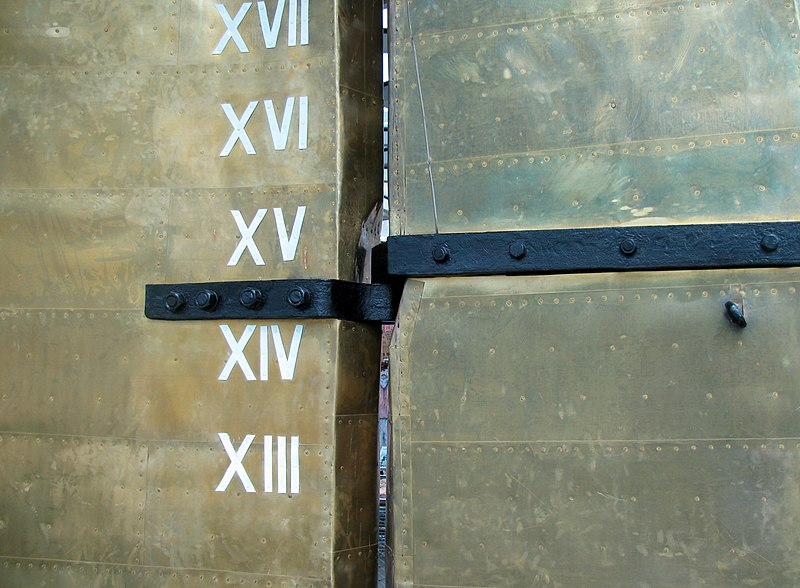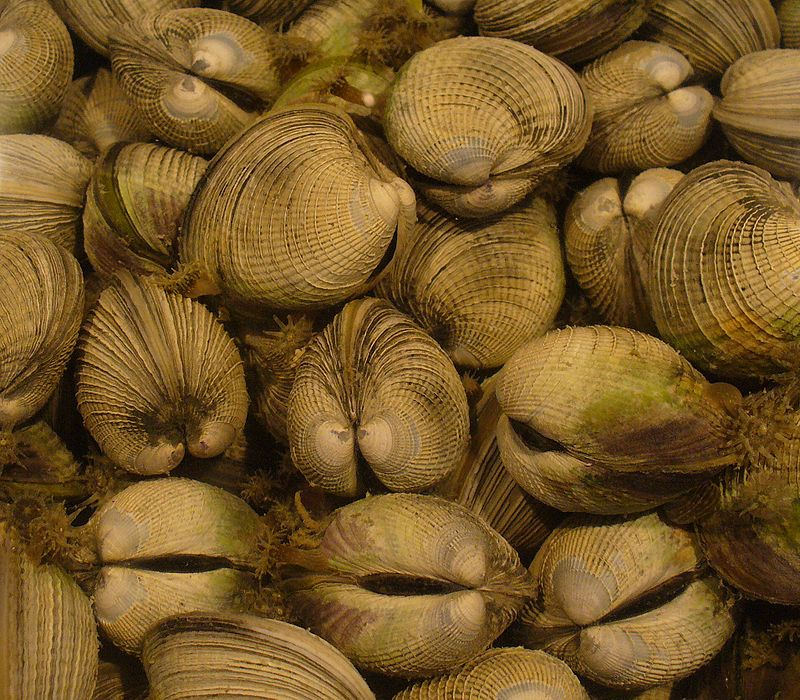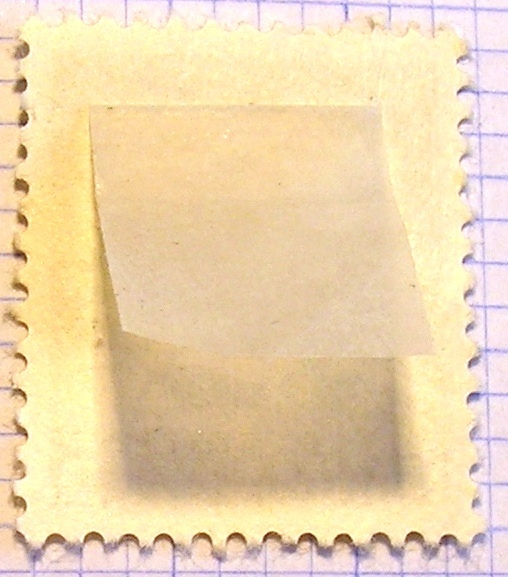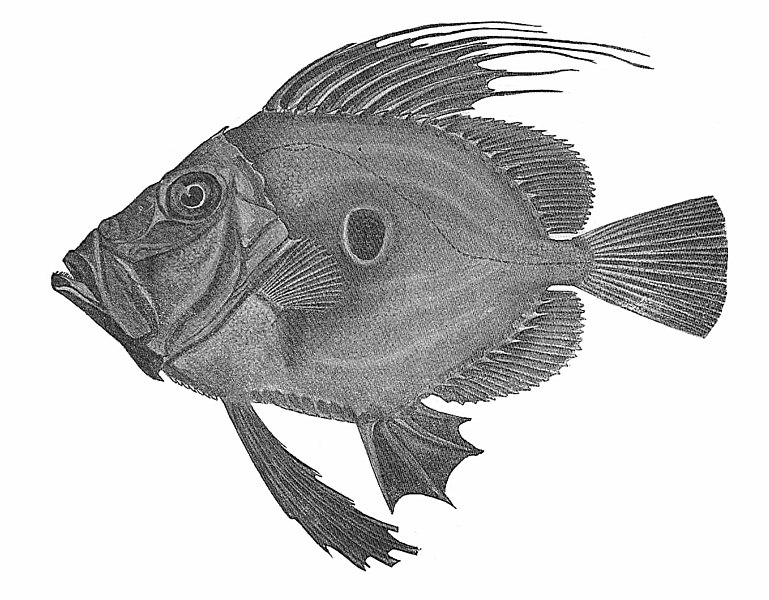Today is the feast of St John the Baptist.
It's also, according to some, Midsummer's Day.
Now, the first day of summer is quite often said to be June 21st, which, logically, must mean that summer ends on June 27th.
So we must enjoy it while we can.
Now, St John the Baptist was, admittedly, not the ideal dinner-party guest - and he certainly would never have been allowed into the Royal Enclosure at Ascot - but he seems to have been a brave man and a good guy. The other biblical St John had some very odd visions, and he did insist on going on about them at great length, but he also is deemed to have been on the side of the angels.
This being the case, I'm not sure why johns have such a bad reputation.
An American john is either a toilet, or a man who has to pay women in order to have a satisfactory physical relationship. In Australia a john is short for John Hop, which is rhyming slang for cop; that term, too, can't be intended to be complimentary.
I don't know when John became an unfortunate name, but in England we had a King John, 1167 - 1216, (often known as Bad King John) who was stupid, horrible, and a disaster.
Having said all that, there are less objectionable Johns.
John Bull is England (or sometimes the United Kingdom) in human form (which sadly means that the British must be fat and pleased with ourselves); and John Barleycorn is alcohol in human form.
A John Hancock, in the USA, is a signature (John Hancock's signature was written in ridiculously large letters on the American Declaration of Independence).
John Doe used to be the name used for an imaginary person bringing a case to court with the intention of testing the law. It's also the name given, in the USA, to any unknown man.
John o'Groats is said to be the most northerly point of the British mainland (though it isn't).
Johns can be lovely. Well, tasty, anyway. A John Dory is a fish. Actually, it's two fish - Zeus faber and Zeus australis:
drawing of Zeus faber by David Starr Jordan
And Zeus was, after all, Chief God. So it's not quite all bad for poor old Johns.
Word To Use Today: john. Johns are mostly named after people called John, which has been a common name since the 4th century BC. Its original form in Hebrew was יְהוֹחָנָן ,Yəhôḥānān, meaning God has
been gracious. In the New Testament it appears as Ἰωάννης, Iōannēs.
The John of John Dory, though, may be a version of the French jaune, which means yellow.








